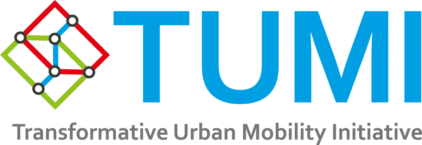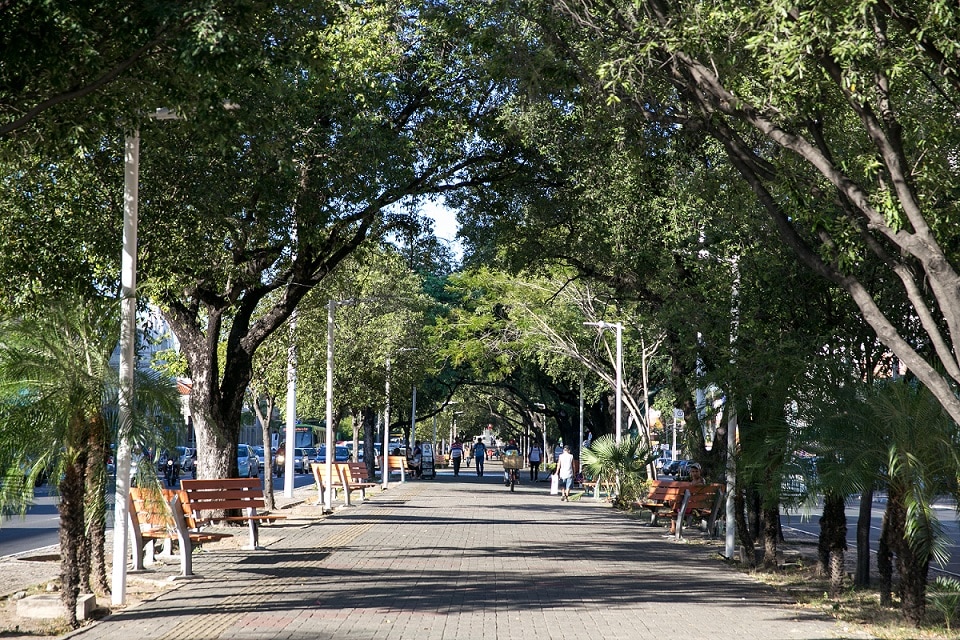Learning Guide
Integrated Urban Planning in the Global South
Log in to a free account to view this content.
Created in partnership with 
This content is a work in progress. Help us improve by submitting feedback.

Sorry, but you do not have permission to view this content.
Public subscribers login here:
WRI users please log in here: